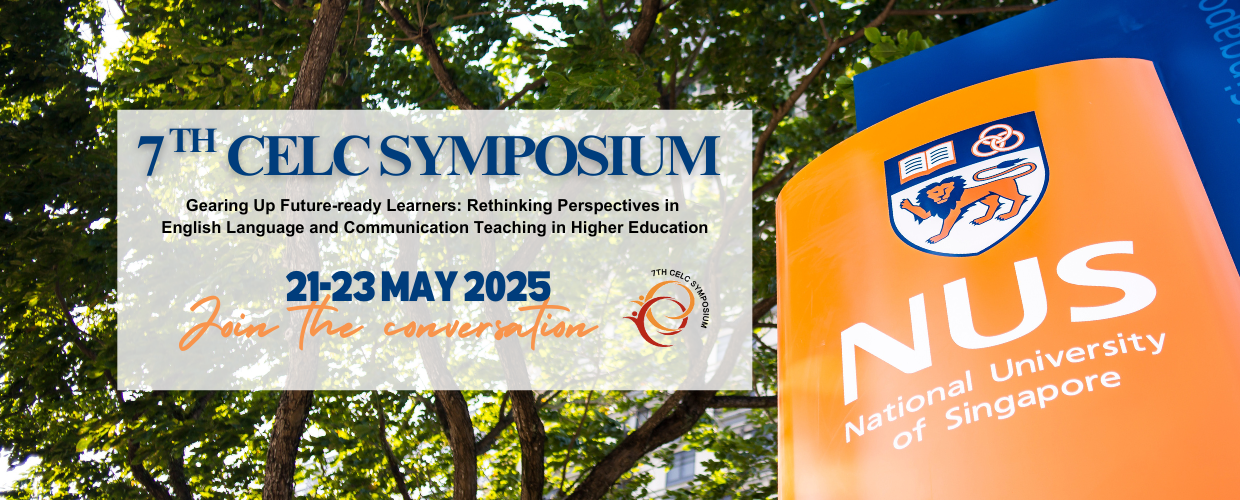
Happening in
About the Symposium
The Centre for English Language Communication (CELC) finds itself in the forefront of preparing students to become able communicators of the future. The able communicators of the future are adaptive to the changing times—adept in using technology in their writing and communication practices and agile in responding to the constraints posed by their various audiences and communication situations. At the same time, they are committed to sustaining effectiveness as well as ethical practice in writing and communication in various contexts—whether in academic or workplace settings.
CELC’s commitment to developing able communicators of the future is a responsibility it shares with the rest of the English language and communication teaching community. English language and communication teachers and researchers inhabit a space where they can influence and shape learners to become the able communicators in the evolving present as well as in the future.
The conference invites papers that feature theorisations, conceptualisations and evidenced-based research from EL and communication teachers, practitioners and researchers specifically focusing on preparing learners to be future-ready. Papers may focus on any of the following thematic strands:
- Technology-enhanced teaching and learning
- Assessments and feedback
- Interdisciplinary/collaborative teaching and learning
- Other topics related to the Symposium theme
For more information, please refer to the detailed Symposium description.
What does the future look like and how do English language and communication teachers prepare our learners in higher education for this future? Developments brought about by the global health crisis, technological advancements especially in the digital space, and heightened polarization triggered by socio-economic and political events have made it even more urgent for higher education institutions to better equip learners to competently adapt to a future that is expected to be almost always in flux and subject to unpredictable challenges. How are we preparing our students for this kind of future? In the context of English language and communication teaching, what are we doing and how are we dealing with new developments that are expected to shape the future of our learners?
Future-readiness is a concept that has been expounded by thought leaders in the industry and the academe for a number of years now. The Institute for the Future (IFTF) proposes that there is compelling need for strategic foresight in order for individuals and organizations to better prepare for the unpredictability of the future. Future-readiness, according to IFTF, requires active preparation to face systemic shocks as well as the development of resiliency to withstand them through the process of adaptation. It also requires systematically making sense of the changing landscape to pursue emerging and unexpected opportunities. Failure to do so would likely cost damage or result in unnecessary expense for people, communities, and organizations.
At the National University of Singapore, the Centre for English Language Communication (CELC) finds itself in the forefront of preparing students to become able communicators of the future. The able communicators of the future are adaptive to the changing times—adept in using technology in their writing and communication practices and agile in responding to the constraints posed by their various audiences and communication situations. At the same time, they are committed to sustaining effectiveness as well as ethical practice in writing and communication in various contexts—whether in academic or workplace settings. In the evolving present, CELC has pursued initiatives and conversations on how to effectively integrate technology in teaching and learning, foster greater collaboration with its partners in the university and the industry, and define its role in harnessing and disseminating best practices in the teaching of English in higher education. In realizing its mission to develop able communicators, CELC has aimed at crafting and offering courses and support services that not only prepare students to be language proficient, context-sensitive, critical and creative, but are also explicitly designed to meet the need for students to be digitally fluent, to be collaborative and engaged with the community, and to be disposed towards life-long and independent learning. The Centre also actively collaborates with Faculties, Schools, Residential Colleges as well as units like the Centre for Future-ready Graduates (CFG) created to ensure that students are equipped with “critical life and employability skills, developing [them to become] highly employable graduates who are future-ready and resilient amidst an ever-changing world.”
CELC’s commitment to developing able communicators of the future is a responsibility it shares with the rest of the English language and communication teaching community. English language and communication teachers and researchers are in a position to prepare students for this future. As they engage in active collaboration with various stakeholders in both higher education and industry, EL and communication teachers and researchers inhabit a space where they can influence and shape learners to become the able communicators they are expected to be in the here and now as well as in the future. Moreover, EL and communication teachers and researchers need to gear themselves up to better serve and shape competent learners of the future.
The conference invites papers that feature theorizations, conceptualizations and evidenced-based research from EL and communication teachers, practitioners and researchers specifically focusing on preparing learners to be future-ready. This conference provides a platform for EL and communication teachers and researchers to share and discuss ideas and practices relevant in gearing up future-ready learners.
Speakers
Keynote Speakers
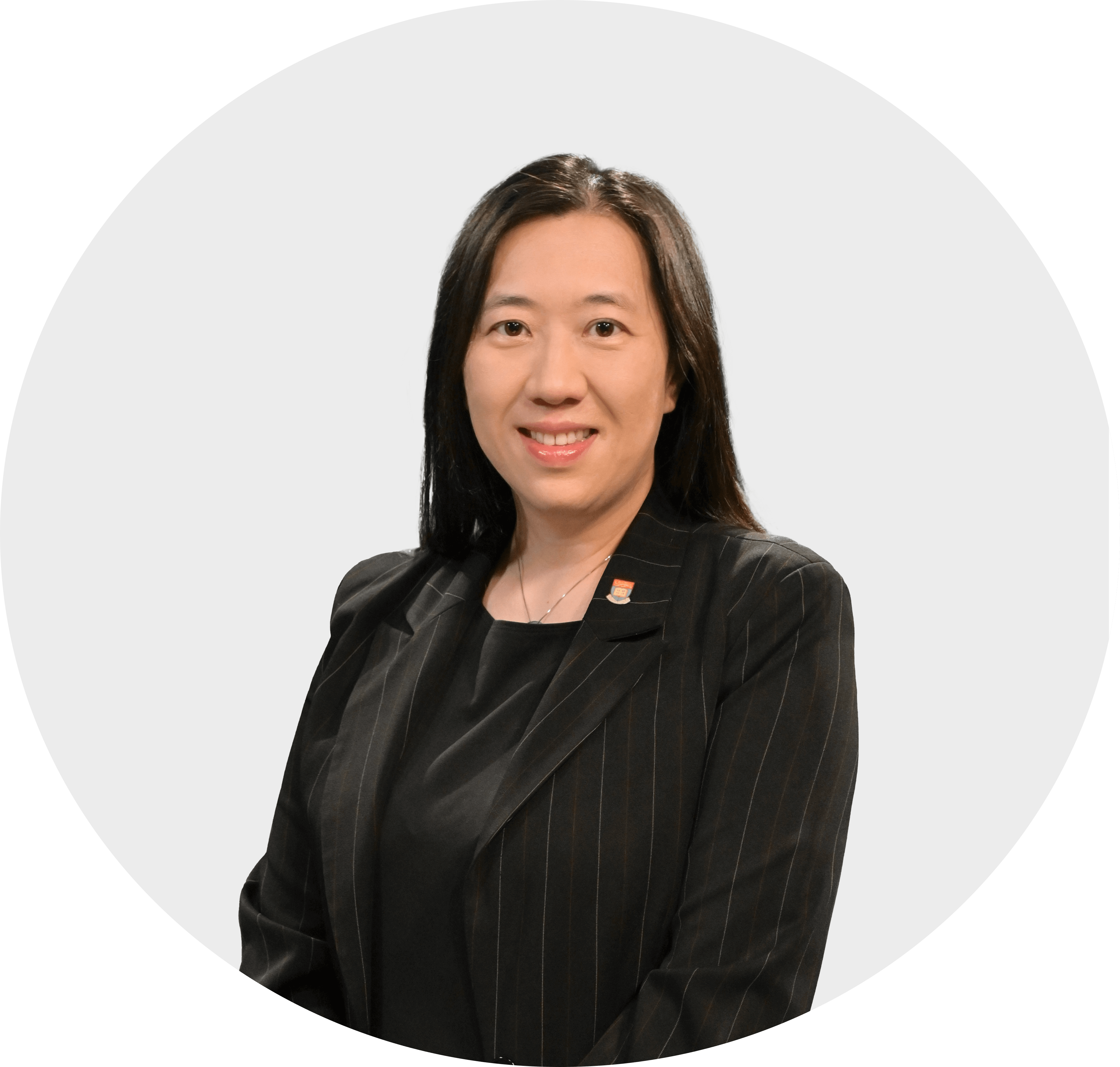
Professor Cecilia Chan
The University of Hong Kong

Professor Heath Rose
University of Oxford
Featured Speakers
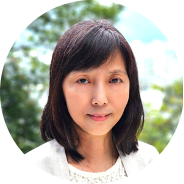
Professor Icy Lee
Nanyang Technological University
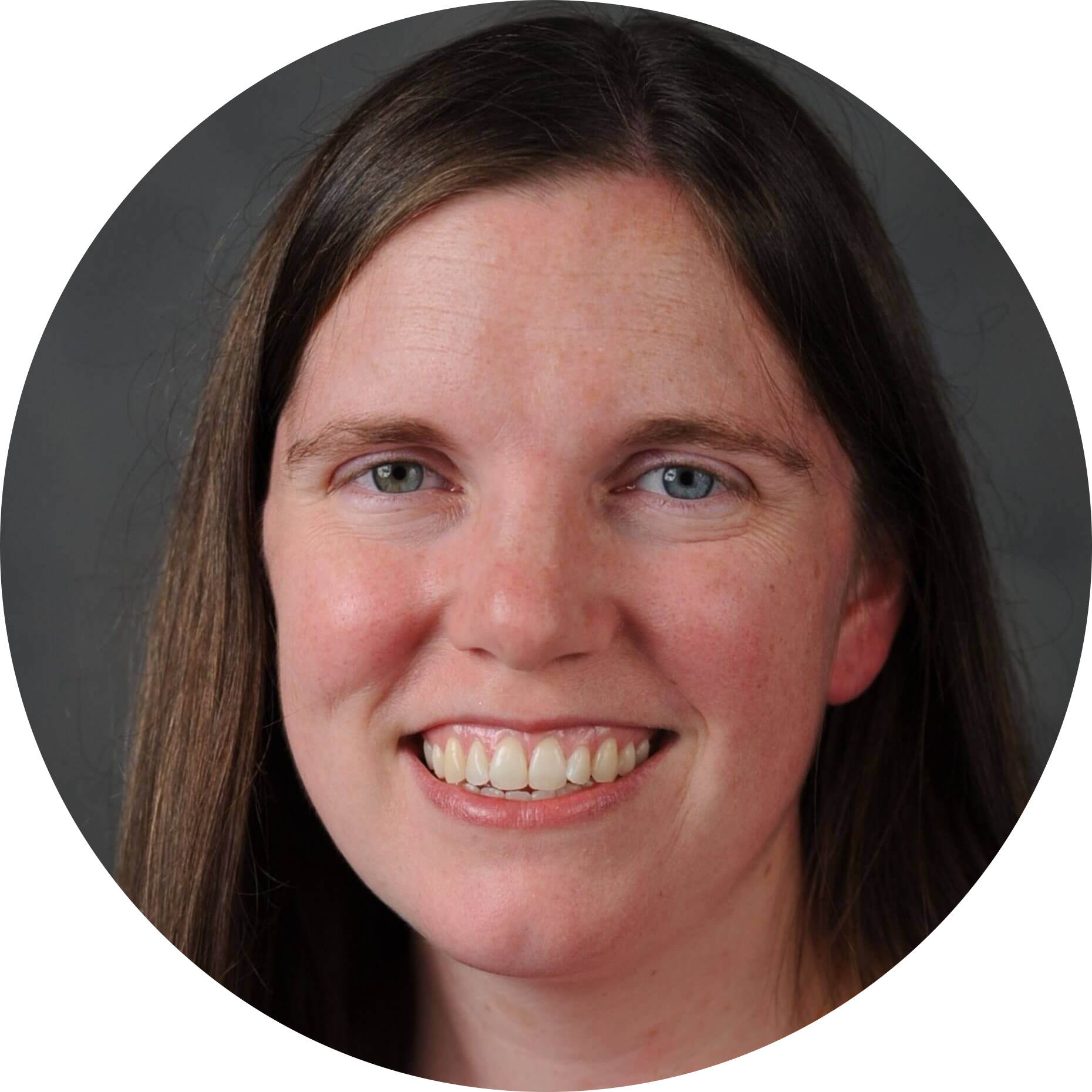
Professor Jessie Moore
Elon University
Programmes
The tentative Symposium programme can be downloaded here. A more detailed schedule will be updated nearer to the Symposium date (stay tuned for more!). Here are some of the exciting offerings at the 7th CELC Symposium
Workshops
Keynote Forum
What does it take for our learners to be future ready? Listen to our keynote and featured speakers address this question and share their insights in a panel discussion to be facilitated by the CELC Director, Associate Professor Lee Kooi Cheng.
This exciting conversation will be a synthesis of the Symposium, exploring various aspects of practice, research, and advocacy, while offering diverse perspectives and approaches. Join us to share valuable insights and fresh viewpoints.
Presentations
The symposium will feature not just paper presentations, but also lightning talks, poster presentations, teaching demonstrations and panel presentations. Engage with thought leaders in the field of English Language and Communication coming from different countries and institutions from around the world.
Product Demonstrations
Leading stakeholders of the education industry will be showcasing their innovative and impactful products in seated presentations at the Symposium. Learn about how their solutions can be incorporated into and influence the future of English Language and Communication teaching.
Symposium Dinner
Wednesday, 21 May 2025 (Day 1), 6-9pm
Dining Hall of College of Alice and Peter Tan
8 College Avenue East, #B1-50, Singapore 138615
Join us for a delightful evening on the first day of the Symposium. Held at the charming dining hall at the College of Alice and Peter Tan, this event offers a wonderful opportunity to unwind and connect with fellow attendees. Enjoy a diverse international-style buffet with vegan, vegetarian and halal options, along with refreshing non-alcoholic drinks. The dinner is the perfect way to kick off your symposium experience with great company and delicious food. Please register your interest and pay for the Symposium Dinner when securing your Symposium ticket. The full Symposium Dinner poster can be found here.
Walking Tour
Thursday, 22 May 2025 (Day 2), evening
Come experience the magic of the iconic Gardens by the Bay and the Marina Bay area while enjoying delightful food and great company. The optional walking tour is a fantastic opportunity to network with fellow Symposium attendees while immersing in Singapore’s vibrant local culture. Discover landmark sights, savour authentic local cuisine and connect with others in a relaxed, enjoyable setting. View the Walking Tour poster here and stay tuned for further information.
Important Dates
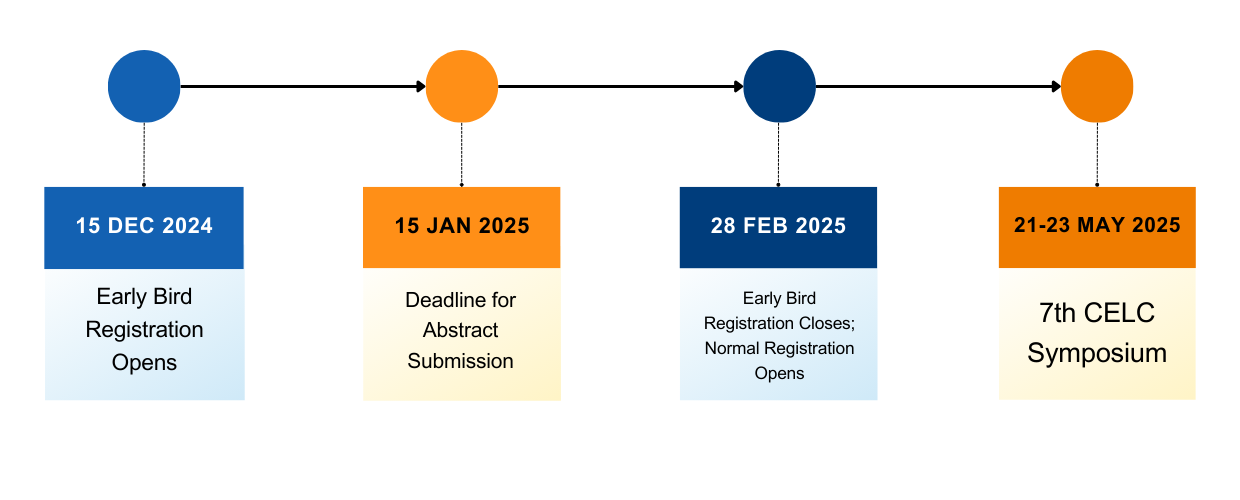
Call for Abstracts
The call for abstracts is now closed. Please look forward to the exciting line up of presentations at the Symposium! Find out more about registering to attend the Symposium below.
Registration
Symposium Fees
| Normal Registration (by 20 April 2025) | SGD 450 |
| Non-NUS Full-time Student | SGD 180 |
| NUS Staff/Students | Free |
Financial assistance is available on a case-by-case basis. Please email celcsymposium@nus.edu.sg to discuss further.
Registration is now open. Please register to attend the Symposium via UVENTS here by 20 April 2025.
Symposium Registration includes:
- Admission to all presentation sessions
- Morning and afternoon teas and lunches
The Symposium Dinner on Day 1, 21 May 2025, is not included. Please indicate and pay for the dinner during registration if you would like to attend. Please note that refunds are, unfortunately, not provided. Refer to the Programme section for more information on the dinner.
For any enquiries regarding registration, please contact celcsymposium@nus.edu.sg
Access & Accommodation
Getting to the Symposium
The Symposium will be held at the Stephen Riady Centre in University Town, National University of Singapore.
Accommodation
The 7th CELC Symposium provides suggestions on where to stay, which can be found here.
Invitation for Sponsorship and Collaboration
Sponsorships
The 7th CELC Symposium is sincerely looking for sponsors to partner with us to help widen the impact of the Symposium. We cordially invite you to lend strength in encouraging the participation of educators who may contribute to our discussion on “Gearing Up Future-ready Learners”, and to facilitate our smooth running of the event.
Sponsorship received will be used to fund
- Registration fees of participants who require financial assistance
- Other Symposium operational costs
In return for your sponsorship, the 7th CELC Symposium will
- Acknowledge your contribution officially at the Symposium
- Invite you to a networking dinner with Symposium participants for one representative for each sponsor
Industry Collaborators
The 7th CELC Symposium is sincerely looking for education industry stakeholders to collaborate with us to make the Symposium a meaningful and impactful one. We cordially invite you to join in our discussion on “Gearing Up Future-ready Learners” and be a part of the evolving English Language and Communication higher education landscape.
We are inviting Publishers, EdTech Companies and all relevant stakeholders to join us in the following:
- Product demonstration and presentation
-
- Formally showcase your products to a seated audience and demonstrate how they can be included in class to enhance participation and facilitate independent learning or share about upcoming developments and how they will influence learning and teaching in English Language and Communication.
- SGD1,000 for a 15-minute session
- Interactive booth
-
- SGD1,000 for a booth on one day of the Symposium
-
- Display your products and materials to all Symposium participants in a more casual setting and interact with them up close. Basic equipment (table, chair and signage stand) will be provided for your booth, which Symposium participants may visit throughout the day.
- Presentation and booth bundle
-
- Combine the power of a formal 15-minute product demonstration with the personal touch of an interactive booth to maximise your impact. This package ensures both broad visibility and meaningful interactions, providing the best of both worlds. Inclusive of the same entitlements as mentioned above.
- SGD1,500 for a presentation slot and a booth,
All packages will include an invitation to a networking dinner with Symposium participants for one representative for each collaborator, as well as access to all presentation sessions.
If you are interested to join us/collaborate with us, please contact celcsymposium@nus.edu.sg for more details.
Contact Us
Email: celcsymposium@nus.edu.sg
Organising Committee
Symposium Co-Chairs
Misty So-Sum Wai-Cook, Gene Segarra Navera
Steering Committee Members
Nina Venkataraman, Lee Ming Cherk
Hoong Shao Ting, Sylvia Sim Swee Choo
Jenson Jonathan Amrit Deokiesingh, Cao Feng
Jonathan Phan, Susan Lee Mien San
Aileen Lam, Jodie Luu
Khairul Anwar Bin Rosawi, Kong Zhen Wei


